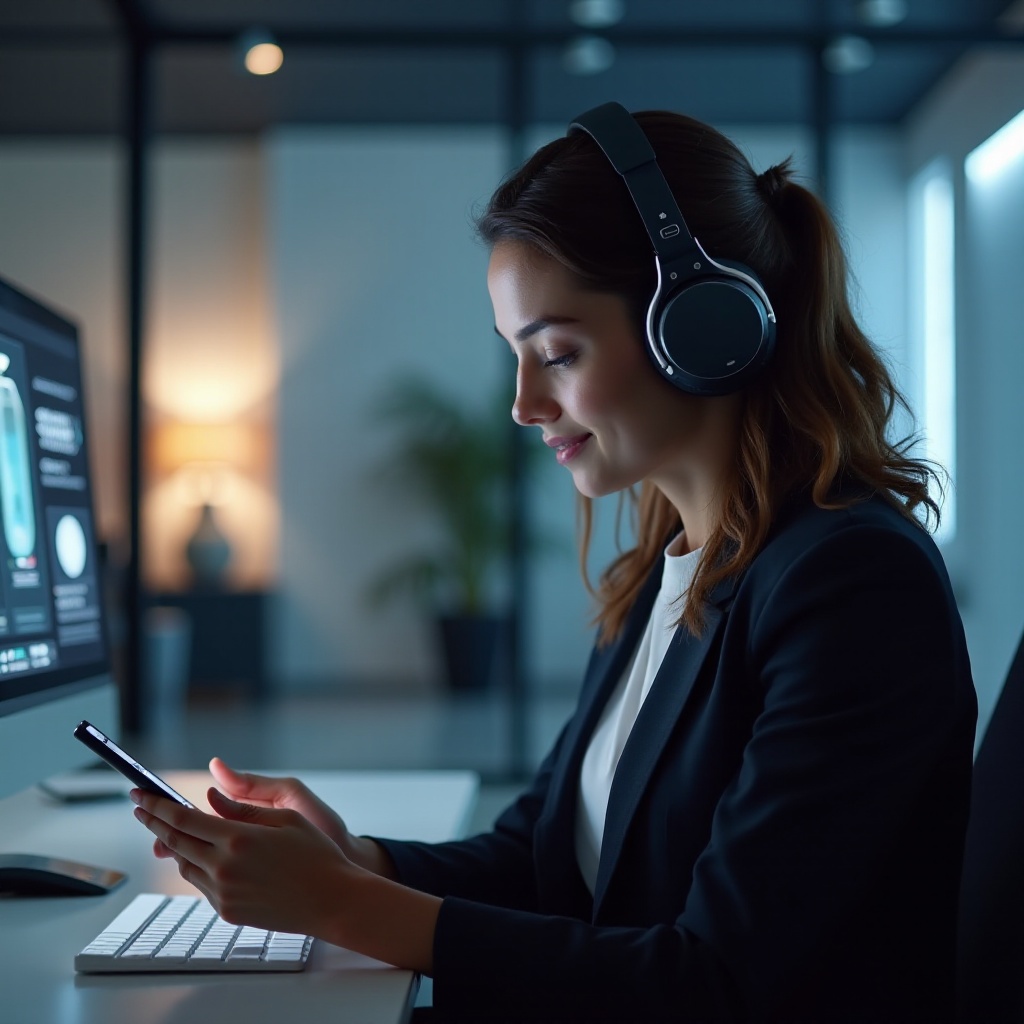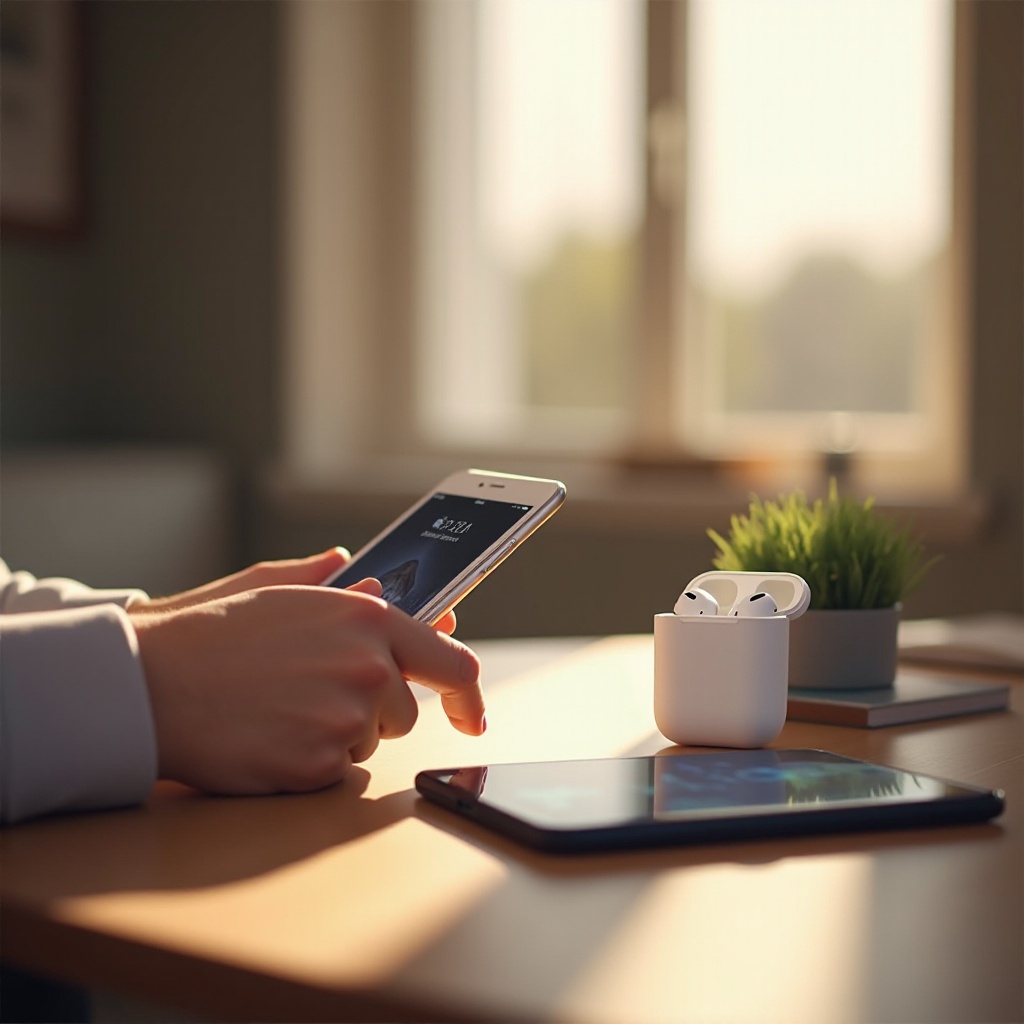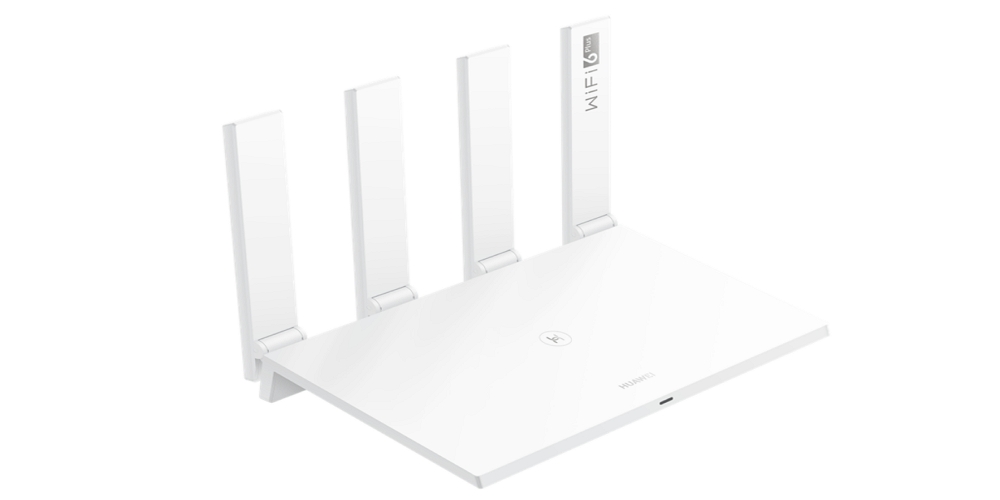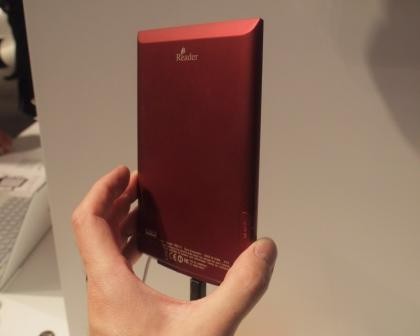Can Noise-Canceling Headphones Protect Your Hearing?
Noise-canceling headphones are more popular than ever. With new technology, they promise to block unwanted sounds and improve your listening experience. But do they also protect your hearing? The allure of these headphones lies in their ability to offer respite from noise pollution in our daily lives. From bustling city streets to the hum of airplane engines, noise-canceling headphones can reduce stress and enhance focus. This blog explores whether these headphones not only provide comfort but also contribute to preserving your hearing health. Dive into how this technology works, its benefits, limitations, and best practices for safe usage.

How Do Noise-Canceling Headphones Work?
Active Noise Cancellation (ANC) Technology
Active Noise Cancellation technology uses microphones and speakers to reduce ambient sounds. The microphones detect external sounds, and the headphones generate sound waves that are the opposite, effectively canceling them out. This method works best for consistent, low-frequency noises, like the hum of an airplane or air conditioning units. By counteracting these sounds, ANC technology provides a quieter environment without increasing volume excessively. For users, this means a clearer audio experience, even in louder settings. It’s a seamless blend of complex technology and user-friendly design that makes listening more pleasant and less fatiguing.
Passive Noise Isolation Features
Passive noise isolation involves physical barriers to block outside noise. Earpads made from thick padding or memory foam create a seal around your ears, preventing sound from entering. This design doesn’t require batteries or electronics, which is a plus for users who prefer simplicity. While not as effective against all types of noise as ANC, passive isolation is useful for blocking higher-frequency sounds like conversations or typing noises. Combining both ANC and passive isolation offers a comprehensive approach to achieving a quieter audio environment.
Do Noise-Canceling Headphones Help Prevent Hearing Loss?
Lowering Listening Volumes in Noisy Environments
One of the main benefits of noise-canceling headphones is their ability to allow users to listen at lower volumes. In noisy environments, the tendency is to increase volume to compete with ambient noise. This habit can lead to hearing damage over time. By canceling external sounds, these headphones make it possible to enjoy music or podcasts at a significantly reduced volume, minimizing the risk of hearing loss. It’s a simple yet effective way to protect your ears without compromising on quality.
Reducing Exposure to Ambient Noise
Constant exposure to environmental noise can contribute to stress and hearing damage. Noise-canceling headphones reduce this exposure, providing a quieter listening experience. By diminishing ambient noise, they can reduce your need to increase volume and prevent noise-induced hearing fatigue. This benefit extends to both work and leisure environments, where prolonged noise exposure is common. With their ability to cut down on background sounds, these headphones offer a layer of protection that traditional models can’t match.
Limitations of Noise-Canceling Headphones in Hearing Protection
Not a Substitute for Certified Hearing Protection Devices
Although noise-canceling headphones reduce ambient sound, they are not certified hearing protection devices. They aren’t designed to protect against potentially damaging noise levels found in certain workplaces or during activities like shooting sports. For environments where hearing protection is crucial, use certified protective gear that meets safety standards. Noise-canceling headphones can complement these devices but shouldn’t replace them if hearing safety is at risk.
Ineffectiveness Against Sudden Loud Noises
Noise-canceling headphones perform well against consistent noise but lack efficacy against sudden loud sounds like a slamming door or a car horn. These sudden noises bypass the headphones’ cancellation process, meaning they can still reach the ear at potentially harmful levels. While ANC headphones improve overall sound quality and comfort, relying solely on them for protection from unexpected noises isn’t advisable. Users should remain aware of their surroundings and, if needed, use additional protective measures.

Best Practices for Using Noise-Canceling Headphones Safely
Maintaining Safe Volume Levels
To protect your hearing, keep your headphones at a volume that allows you to comfortably hear your surroundings, especially in quiet environments. The 60/60 rule is a good guideline—limit listening to 60% volume for no more than 60 minutes at a time. Frequent breaks help prevent ear fatigue and potential damage from prolonged exposure.
Limiting Usage Duration
Even with lower volumes, prolonged headphone use can strain your ears. Limit use to a couple of hours at a time. Give your ears breaks to recover, especially after long listening sessions. These breaks are crucial to prevent auditory fatigue and long-term hearing damage, promoting healthier listening habits.
Ensuring Proper Fit and Maintenance
Regularly check the fit of your headphones. Good contact between earpads and the ear is essential for effective noise isolation. Ensure that your headphones are in good working condition and clean them frequently to maintain efficiency and hygiene. A good fit not only improves sound quality but also provides better noise cancellation.
Conclusion
Noise-Canceling Headphones offer significant benefits in improving listening experiences by reducing ambient noise, lowering necessary listening volumes, and preventing hearing fatigue. However, they are no substitute for certified hearing protection in hazardous environments. For optimal ear health, practice safe listening habits like maintaining moderate volumes, limiting usage, and ensuring a good fit. Embrace these practices to enjoy your audio content more safely and comfortably.
FAQ
Can noise-canceling headphones cause hearing loss?
Noise-canceling headphones, when used correctly, do not cause hearing loss. In fact, they can help prevent it by enabling users to listen at lower volumes. However, if volumes are recklessly high, they pose the same risk as regular headphones.
Are noise-canceling headphones suitable for workplace hearing protection?
While beneficial in reducing everyday noise, noise-canceling headphones shouldn’t replace certified hearing protection equipment in environments with high levels of noise exposure. They are more suited for leisure use rather than occupational safety.
How can I use noise-canceling headphones safely?
To use noise-canceling headphones safely, keep volumes moderate, take regular breaks, ensure a proper fit, and maintain them well. Following these guidelines helps in maximizing benefits and minimizing risks to your hearing.




Leave a Comment